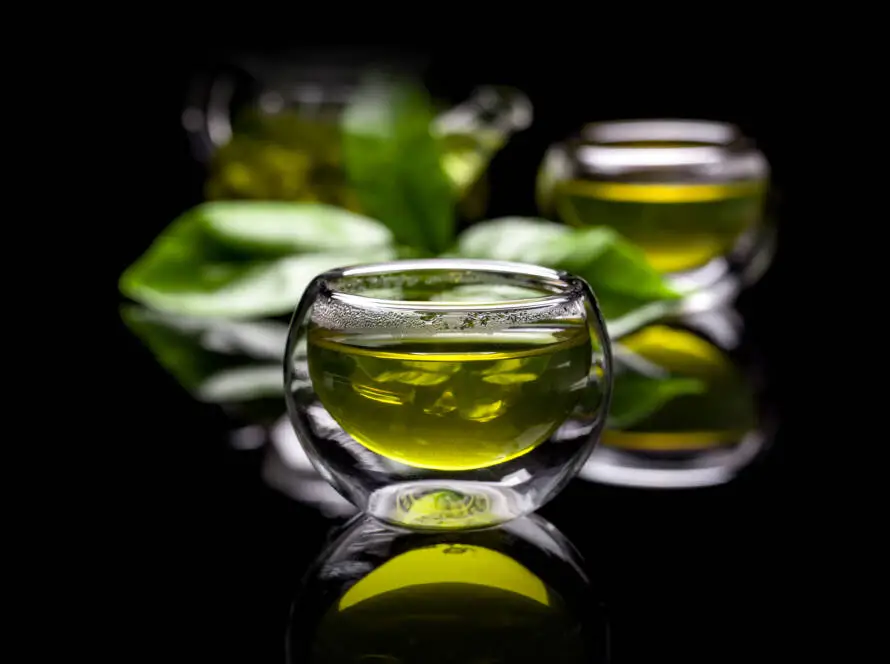Barberry
Introduction
Barberry, scientifically known as Berberis vulgaris, is a deciduous shrub native to Europe, Asia, and North America. It is recognized for its thorny branches, small yellow flowers, and bright red berries. This fact sheet provides essential information about barberry, including its common names, uses, potential side effects, and resources for further information.
Common Names
- Barberry
- Mountain Grape
- Pepperidge
- Berberry
- Common Grape
Latin Name
- Berberis vulgaris
Uses
Barberry has a long history of use as a folk remedy for various health issues, including:
- Diarrhea: Traditionally used to help alleviate symptoms of diarrhea.
- Indigestion: Known for its potential to aid digestion and relieve gastrointestinal discomfort.
- Liver and Gallbladder Conditions: Used to support liver health and promote bile flow.
- Urinary Tract Infections (UTIs): It is often employed as a natural remedy for UTIs due to its antimicrobial properties.
How It Is Used
Medicinal preparations are derived from the root and berries of the barberry plant. Common forms of preparation include:
- Tea: Dried barberry root or berries can be steeped in hot water to create an herbal infusion.
- Tinctures: Alcohol-based extracts of the root or berries are available for concentrated use.
- Capsules: Dried barberry powder is often encapsulated for convenient consumption.
Scientific Insights
Research indicates that the alkaloid berberine, found in barberry, may combat bacterial, viral, fungal, and parasitic infections. Key findings include:
- A study suggested that berberine may be effective against Escherichia coli and Pseudomonas aeruginosa, both of which are common pathogens associated with infections.
- Some sources indicate that the berry portion of barberry may be more effective for treating urinary tract infections than the root, highlighting the importance of the specific part of the plant used.
Side Effects and Cautions
While barberry is generally considered safe when used appropriately, potential side effects may include:
- Diarrhea: Particularly when consumed in larger amounts.
- Lowered Blood Pressure: Barberry may have hypotensive effects, which could be a concern for individuals with low blood pressure.
- Overdose Risks: An overdose of barberry can lead to serious symptoms, including:
- Nosebleeds
- Vomiting
- Diarrhea
- Confusion
- Kidney irritation
Cautions: It is advisable to consult with a healthcare professional before using barberry, especially for individuals with pre-existing health conditions or those taking medications.
Resources
- Wikipedia – Barberry
- About.com – Barberry
This summary highlights the key aspects of barberry, including its traditional uses, potential benefits, and safety considerations. Like with any herbal remedy, it is essential to use it with caution and seek professional guidance when necessary.
Disclaimer
The information I’ve shared about herbs is for educational purposes only and is not meant as medical advice. While many herbs have been traditionally used for their potential health benefits, individual responses may vary, and the effectiveness of herbs can depend on various factors, including personal health conditions and interactions with medications. It is essential to consult with a qualified healthcare professional or a licensed herbalist before using herbs for medicinal purposes or making significant changes to your health regimen. This information should not be considered a substitute for professional medical advice, diagnosis, or treatment.


